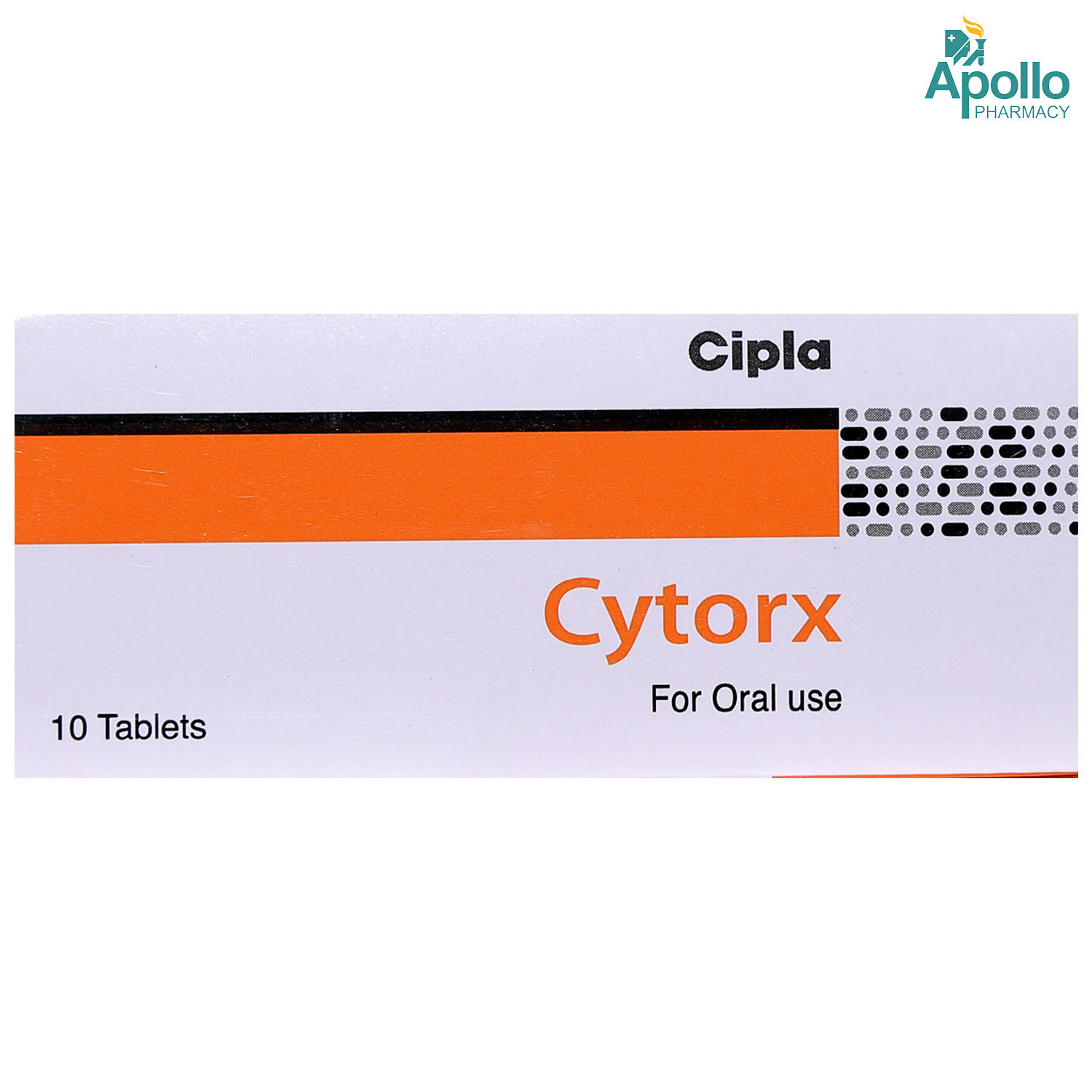Flucytosine
About Flucytosine
Flucytosine belongs to the group of medicines called anti-fungal agents used to treat yeast and fungal infections caused by Candida and/or Cryptococcus. Fungal infection, also known as mycosis, is a disease caused by fungus.
Flucytosine contains Flucytosine, which works by interfering with the synthesis of fungal protein and DNA. Thereby, it helps treat fungal infections.
In some cases, Flucytosine may cause nausea, vomiting, abdominal pain, and diarrhoea. Most of these side effects may not require medical attention and resolve gradually over time. However, you are advised to talk to the doctor if any of the side effects persist or worsen.
Let the doctor know if you are allergic to any of the components in Flucytosine. Consult the doctor if you are pregnant or think you may be pregnant. Keep your doctor informed about your health condition and medicines you are taking to rule out any side effects/interactions.
Uses of Flucytosine
Medicinal Benefits
Flucytosine belongs to the group of medicines called anti-fungal agents used to treat yeast and fungal infections caused by Candida and/or Cryptococcus. Flucytosine contains Flucytosine, which works by interfering with the synthesis of fungal protein and DNA. Thereby, it helps treat fungal infections.
Directions for Use
- Take Flucytosine with or without food or as advised by a doctor.
- Follow your doctor’s instructions on the dosage and timing of this medication, to ensure the safety.
- Swallow the medicine as a whole with a glass of water.
- Do not crush, break, or chew it.
Storage
Side Effects of Flucytosine
- Nausea
- Vomiting
- Abdominal pain
- Diarrhoea
Drug Warnings
Do not take Flucytosine if you are allergic to any of its components. Inform the doctor if you have/had kidney or liver disease, bone marrow problems, blood cell disorder, weak immune system, electrolyte imbalance or if you are using any medicine which are irreversible inhibitors of dihydropyrimidine dehydrogenase enzyme (DPD) such as brivudine, sorivudine and their analogues or have used them in the last 4 weeks. Consult the doctor if you are pregnant or breastfeeding. Let the doctor know if you are taking any other medicines, including supplements or herbal products.
Drug Interactions
Drug-Drug Interactions: Inform the doctor if you are taking a chemotherapy agent (cytosine arabinoside), drugs which impair glomerular filtration, bisphosphonate (zoledronic acid), or pain killers (acetaminophen, ibuprofen).
Drug-Food Interactions: No interactions found/established.
Drug-Disease Interactions: Inform the doctor if you have kidney dysfunction, myelosuppression (bone marrow suppression), or hypokalemia (low potassium levels).
Drug-Drug Interactions Checker List:
Safety Advice

Alcohol
consult your doctorIt is not known whether alcohol interacts with Flucytosine. Please consult the doctor.

Pregnancy
cautionPlease consult the doctor if you are pregnant. Flucytosine should be used during pregnancy only if the benefits outweigh the risks.

Breast Feeding
cautionIt is not known if Flucytosine passes into breast milk. Do not take Flucytosine if you are breastfeeding.

Driving
consult your doctorIt is unknown if Flucytosine affects your ability to drive. Drive or operate machinery only if you are alert.

Liver
consult your doctorIf you have a history of liver problems, inform the doctor before taking Flucytosine.

Kidney
cautionFlucytosine should be used with caution in patients with impaired kidney function. The doctor may adjust the dose based on your condition.

Children
consult your doctorPlease consult the doctor if you have any concerns regarding the usage of Flucytosine in children.
Habit Forming
Diet & Lifestyle Advise
- Eat a balanced diet and maintain a healthy weight.
- Follow a low-sugar diet.
- A diet supporting gut health may help prevent infections.
- Include fresh fruits, vegetables and good fats.
- Avoid gluten, alcohol, and certain dairy products.
Special Advise
- The doctor may advise regular blood tests, kidney and liver function tests during treatment.
- Women of childbearing potential must use effective contraception during treatment and for 6 months after the last dose.
- Men must use reliable contraception during treatment and for 3 months after the last dose.
- The contraception must be prolonged for an additional 2 months in case of reduced kidney function.
Patients Concern
Disease/Condition Glossary
Fungal infection: Fungal infection, also known as mycosis, is a disease caused by fungus. The fungi may invade the tissues and cause a disease confined to the skin, spread into the tissue, organs and bones, or affect the whole body. Symptoms include fatigue, headache, muscle or joint pain, itchy or scaly skin, weight loss, chest pain, and night sweats.
FAQs
Flucytosine is used to treat Fungal infections.
Flucytosine works by interfering with the synthesis of fungal protein and DNA. Thereby, it helps treat fungal infections.
Flucytosine should be used with extreme caution in patients with bone marrow depression. Frequent monitoring of liver function and hematopoietic system is advised.
To treat your condition effectually, continue taking Flucytosine for as long as your doctor has prescribed it. Do not be reluctant to talk with the doctor if you experience any difficulty while taking Flucytosine.






